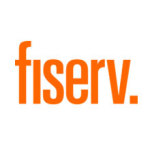Chase Adds Bill Pay to Liquid, Expands Checking Access (June 30, 2015)
JPMorgan Chase is changing its policies to offer more customers access to mainstream payment services—and the company’s Liquid prepaid card will play a key role in the initiative.
































































